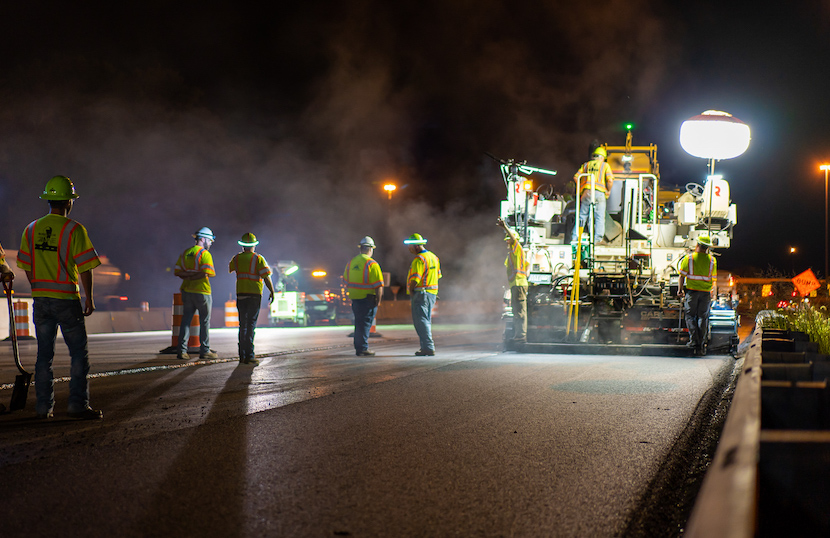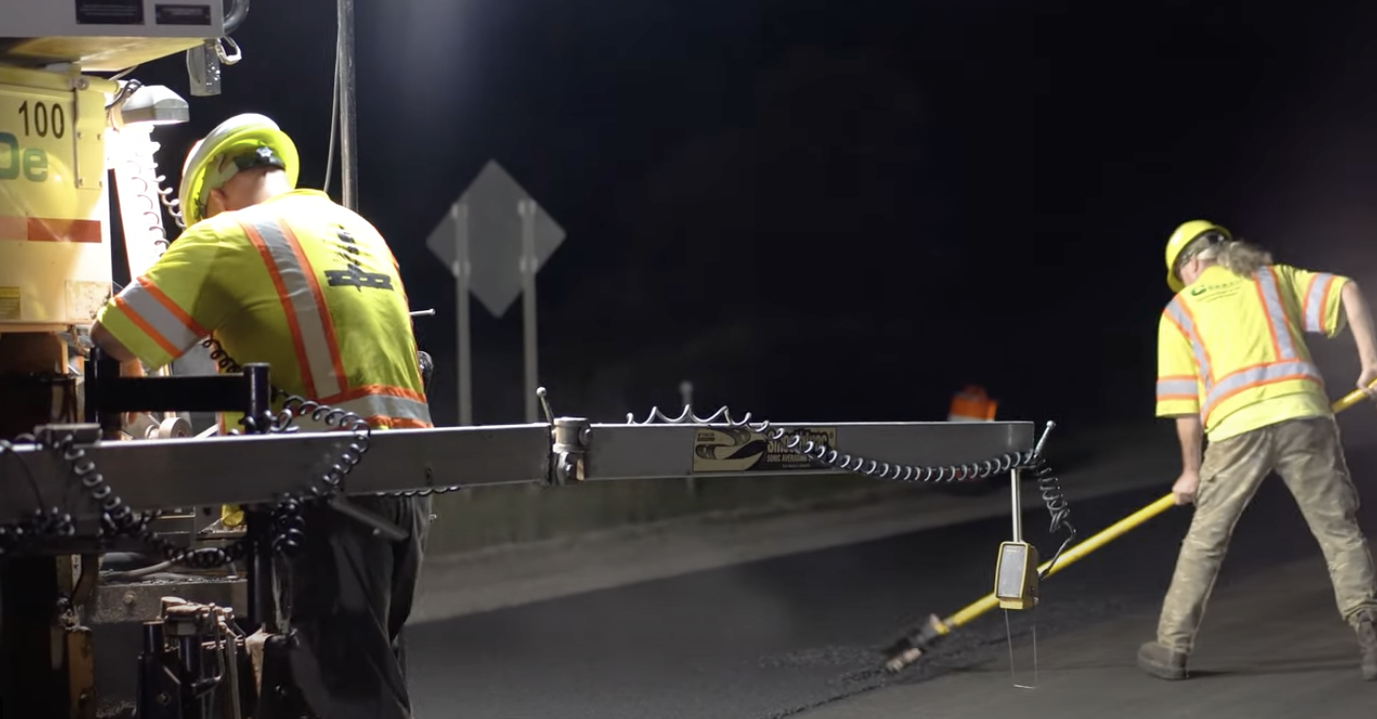CAREERS
A Solid Job Right Out of High School
Great opportunities without a college degree.

Time was that if you weren’t going to college right after high school, you were doing something wrong. That isn’t the case today. With low unemployment and a strong economy, more young adults are entering the workforce right after high school.
College enrollment has steadily declined over the past decade and appears poised to continue that trend.1 A college degree is undoubtedly an accomplishment and can lead to a strong career, but it is not the only path to a productive job today. The gap in starting pay for recent college graduates and those with a high school diploma is closer than you think.
“The average starting salary for Class of 2018 grads increased less than 1 percent from the overall average of $50,516 posted for the Class of 2017, indicating the sluggish salary growth for new college graduates in recent years, NACE reported. The overall average starting salary for new college graduates is up just 1.4 percent from the Class of 2015’s average of $50,219.”2
Typically, obtaining a bachelor’s degree takes four years to complete. While $50,000 is a respectable income, a degree comes at the cost of around $30,000 of tuition debt on average.3
Compare that to the mean income of someone with a high school diploma. “Those with a high school diploma have a higher earning potential. The average weekly earnings for high school graduates is around $712. That is an annual income of $37,024. The unemployment rate for these individuals is 4.6%.”4
That is a difference of roughly $13,000 in yearly income, which seems excellent on paper. However, it ignores the most significant advantage of joining the workforce right out of high school: time.
Time: The Most Valuable Resource
When a person graduates high school, they usually seek a future that branches down two paths. Option A involves attending college for typically four years, accruing $30,000 in debt, and starting their career around age 22 (assuming you graduate on time). Option B entails working immediately out of high school and building income on day one. So let’s compare what the future for these two timelines looks like.
To simplify this, we won’t include any raises for either job position and base it on the average starting salary for each option. At the end of your college career (option A), let’s assume you secure a job position with a salary of $50,000 per year and have a starting debt of $30,000. At the same time, you would have already accumulated roughly $150,000 in option B. So at age 22, you would be plus $150,000 or minus $30,000, depending on your chosen path.
The question you’re probably asking yourself now is how long it would take to start seeing the benefits of going to college. The answer is roughly 12 to 15 years, based on the numbers given above. That also doesn’t consider that additional years of work experience could land you in a seniority position at an earlier rate in option B.
Though that comparison does not consider all variables and uses averages, it is critical to the perspective that you could be waiting until you were 36 years old to be reaping positive benefits from a college education compared to working right after high school.
Armed with this information, let’s say you decide to pursue a career that doesn’t require a degree; what are your options? First, it is essential to consider your interests when choosing a career path. Money is not always the key to happiness; job ownership and a general feeling of fulfillment from a career also go a long way. For example, aside from fantastic pay, many benefits accompany a fulfilling career in road construction.
Benefits of Being in Road Construction
Our industry has a saying known as “death to cubicles,” and we aren’t the only ones who feel that way. There’s been a big push among the youth in recent years to pursue active careers outside. Forbes wrote an in-depth article backed by data that supports the significant benefits of working outdoors, one of which is increased happiness. “Many studies show that our moods take a positive shift when we spend time outside.”5
That, coupled with the general shift away from your typical office position, supports a job that often takes you to different locations throughout your work season.
We spend a good chunk of our lives working, which makes having a good relationship with the people you work with crucial. Working in a hands-on job in the highway construction industry often means being part of a crew and reinforcing teamwork and the dependency on collectively getting the job done right. The mutual respect that comes with a team-oriented job makes camaraderie second to none.
Nevertheless, income is still significant and should not take a backseat when considering a career path. In road construction, the average income is a substantial benefit compared with other job positions. According to the US Bureau of labor statistics, the mean annual wage for highway maintenance workers is $42,410. That beats the average yearly salary of people with a high school diploma by over $5,000.6
On top of that, road construction is and will be a necessary industry almost indefinitely, adding to the potential for growth and overall job security.
Attending college can be a great experience that builds a solid career, but it is no longer required for a fulfilling job in our day and age. If you like being outside, working at various locations, being a team player, and making a high income right out of high school, road construction could be a rewarding career for you.


